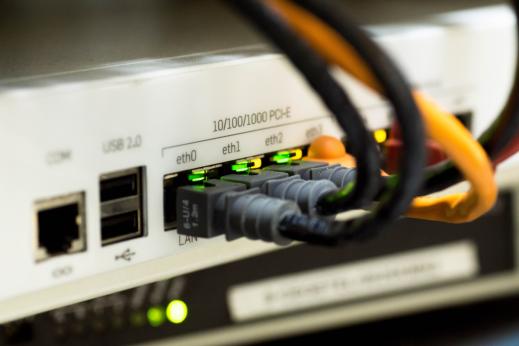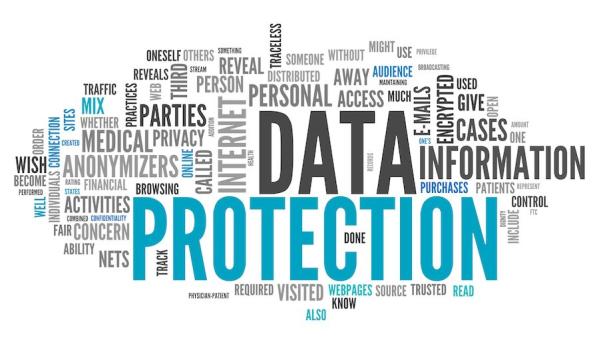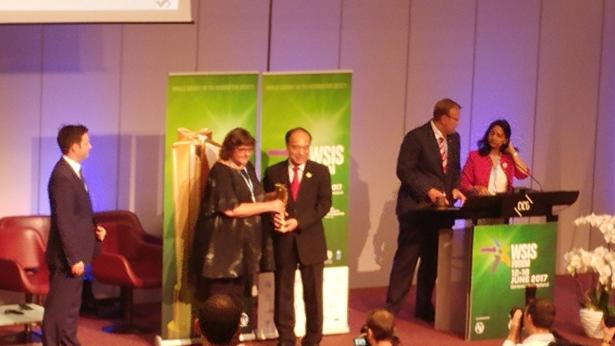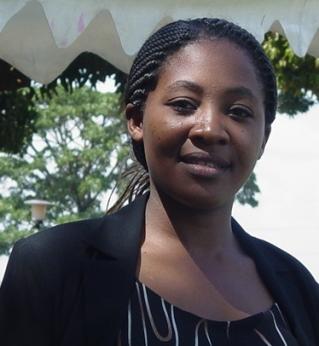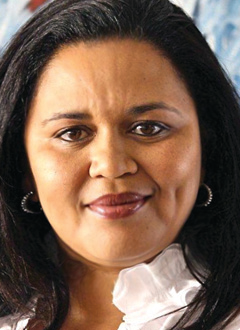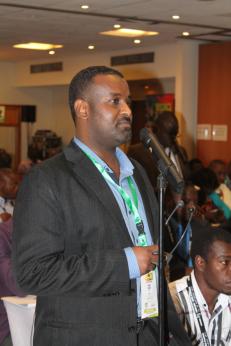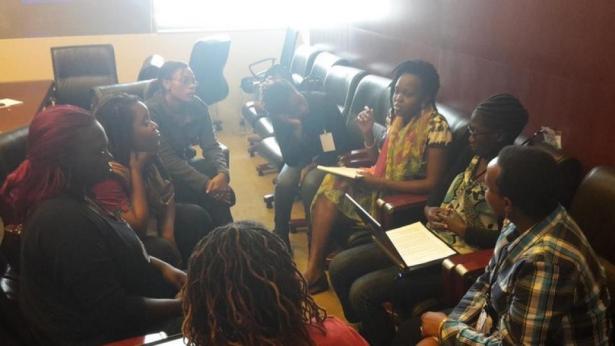At its founding, in the late 80s, the internet promised to democratize information, level uneven grounds, and the destroy barriers associated with distance, space, and time. Through promoting communication, coordination, integration at a pace and scale beyond the ability of any government to halt, the connectivity set a foundation for dichotomies so often aligned with colonialism, imperialism, and globalization.
Today the internet is not just about inscrutable abstracts on the potential merits of its ubiquity but rather its impact and probable effects on a global scale. If anything,… Read more

